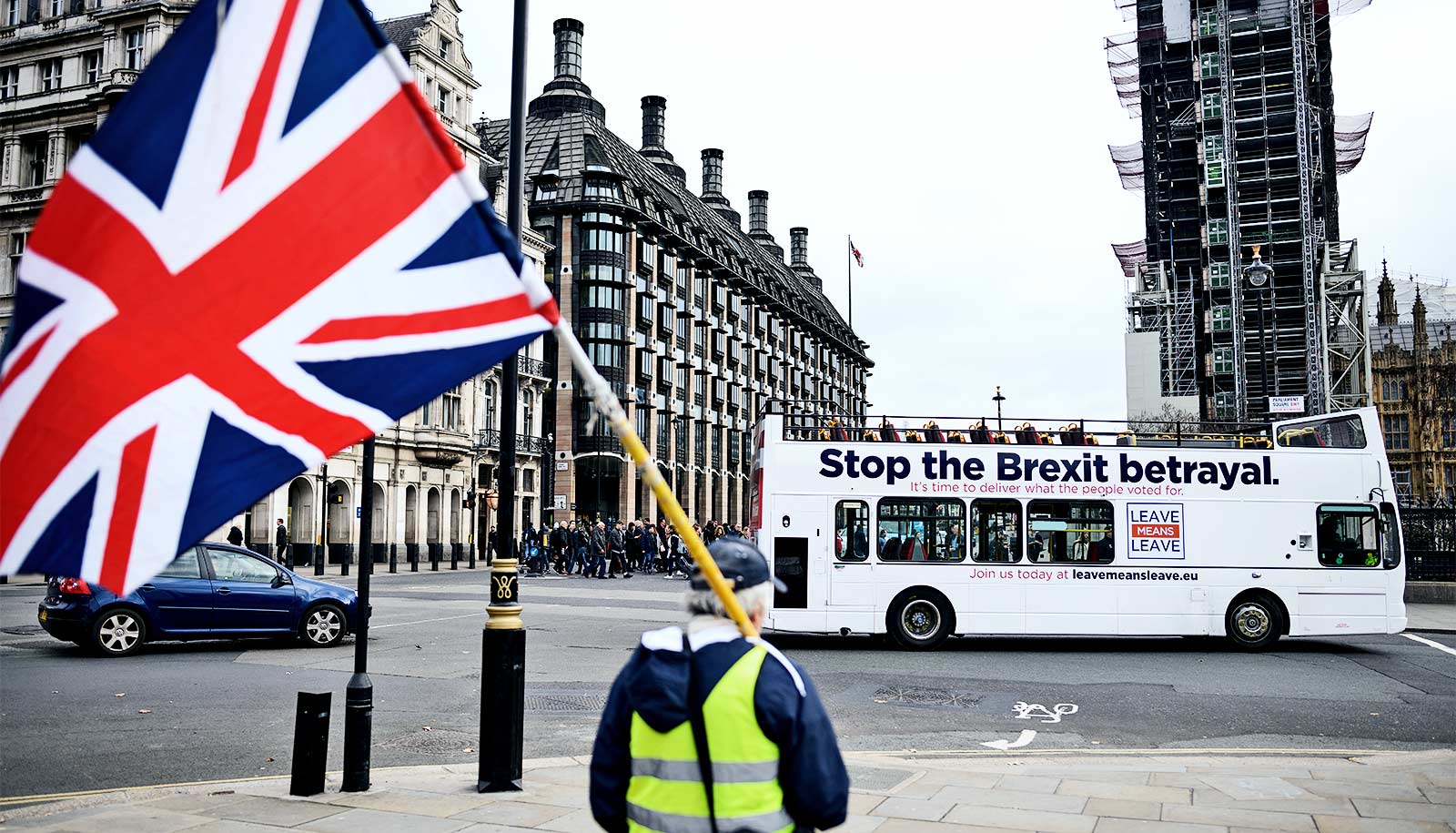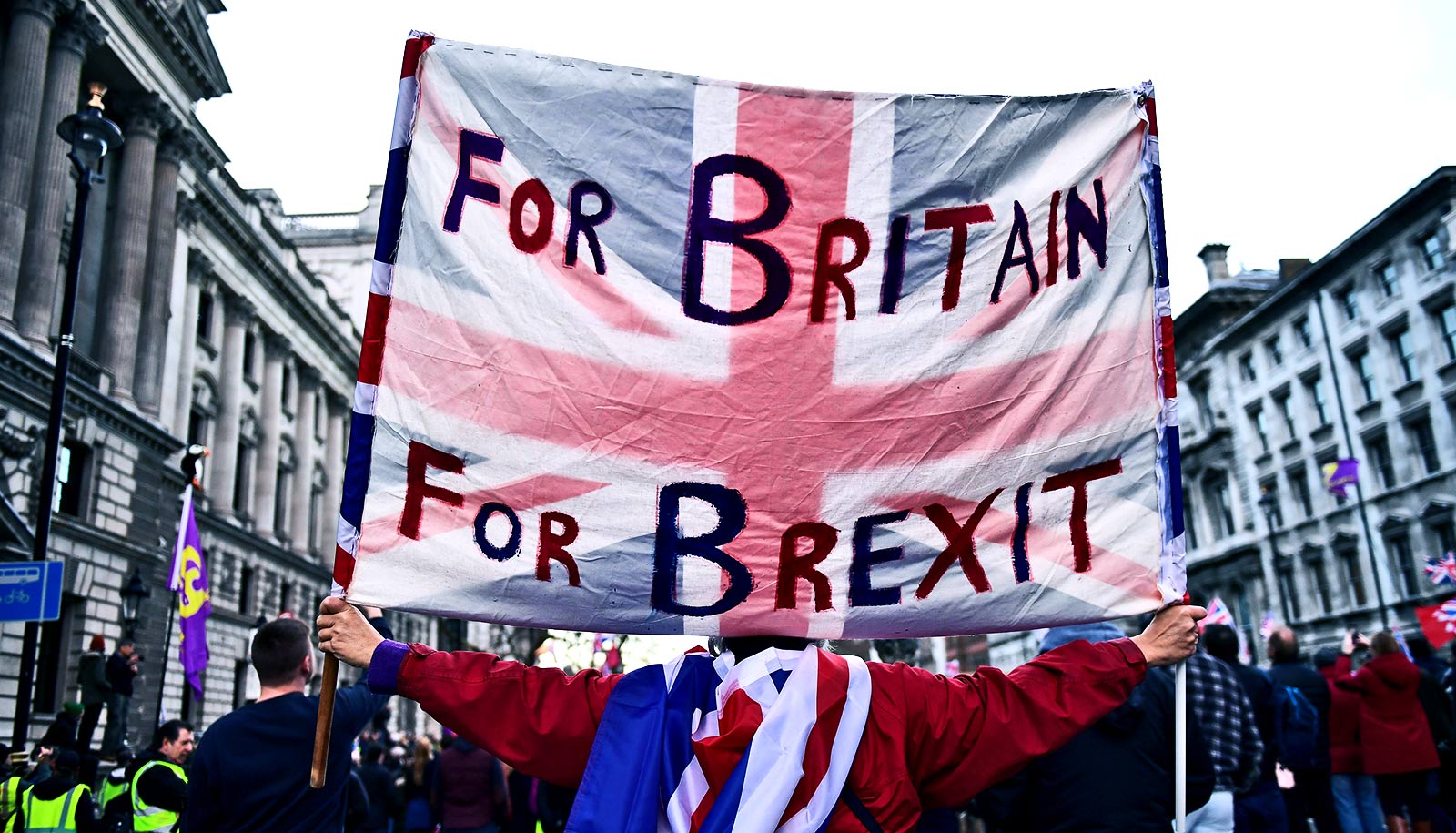A no-deal Brexit would make it harder for the United Kingdom to recruit health workers into their system and would jeopardize continuing care for British citizens with pre-existing conditions living outside the UK, according to a new study.
It could even lead to an increase in cardiovascular disease-related deaths, report researchers.
Researchers looked at what effects four different Brexit scenarios would have on health services in the UK.
“Under all of the scenarios we examined, Brexit has significant, negative consequences for Britain’s health,” says Holly Jarman, assistant professor at the School of Public Health at the University of Michigan. “Remaining in the EU is still the best option in terms of health outcomes.”
“Brexit is being treated as a political game by those in positions of power…”
But of all four Brexit scenarios, a no-deal Brexit would have the greatest negative impact on health, Jarman says.
“We predict that the political and economic disruption from a no-deal Brexit would be detrimental to the UK National Health Service and the health of people who depend on the NHS for care and support,” she says.
The four scenarios the researchers looked at include:
- No-deal Brexit: If there is no withdrawal agreement by March 29, European Union law and agreements stop working immediately.
- Withdrawal Agreement: A legal agreement for a transitional period lasting until December 2020 during which EU law continues to apply in the UK until the end of this transition.
- Northern Ireland Protocol’s “Backstop”: A binding part of the agreement focusing on all trade in products between the UK and EU.
- Political Declaration on the Future Relationship between UK and EU: A political text that points to a free trade agreement similar to the EU-Canada agreement but lacks details on how implementation of the changes would work.
Jarman says UK Attorney General Geoffrey Cox’s recent opinion shows that Prime Minister Theresa May’s new withdrawal agreement is little different than the original. The withdrawal agreement would provide legal continuity to ensure supplies of medicines and medical devices.
NHS Trusts would still have the option of sending patients for treatment in the EU to cope with long waiting times. But the UK would also become a “rule-taker” in Europe, meaning that British officials would lose almost all influence over future EU decisions affecting health.
“Brexit is being treated as a political game by those in positions of power,” Jarman says.
“But the consequences of crashing out of the EU without a deal would fall on ordinary people whose lives depend on a consistent supply of medicines or properly staffed NHS care. In the longer term, the impact of Brexit on the UK food supply or levels of air pollution could lead us to live less healthy lives.”
The study is published in The Lancet.
Source: University of Michigan



